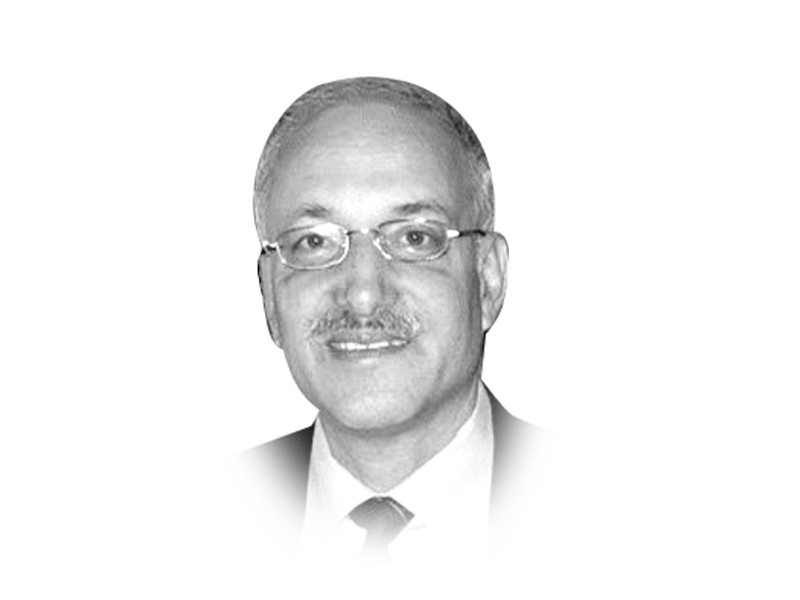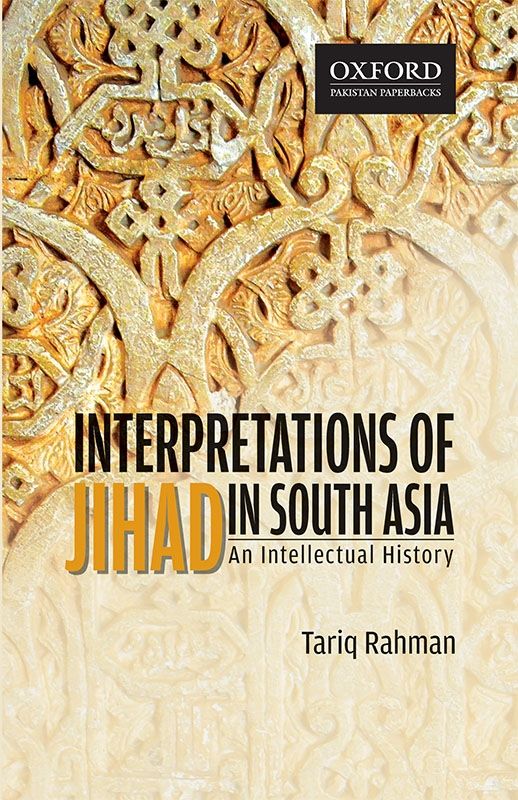Tariq Rahman
|
|
He was born in Bareilly in India on 4 February 1949. The family moved to Pakistan in 1951. His father, Sami Ullah Khan, served as the head of the mathematics department at the Pakistan Military Academy in Kakul, near Abbottabad. Educated at prestigious Burn Hall School (now Army Burn Hall College), he joined the army as an armoured corps officer in 1971. Dr Tariq Rahman is an academic and a highly published scholar in the field of linguistic history and sociolinguistics. He is the recipient of the Humboldt research award and also a higher doctorate (D.Litt) from the University of Sheffield. In 1990, he joined the National Institute of Pakistan Studies. Dr. Rahman was made distinguished national professor for life in 2004 tenured professor in 2007. He joined the Beaconhouse National University, Lahore, Pakistan in 2011 as Dean of the School of Education. In September 2014 he was appointed as the Dean of Liberal Arts and Social Sciences by the same university and he continues to serve on this position to date. He has been Academic Visitor at Wolfson College, University of Oxford, and is Ordinary Member of Common Room (subject to rules) at the same college. He has also been Visiting Research Fellow at the Centre of Islamic Studies at the University of Oxford. Tariq Rahman is one of those few intellectuals of Pakistan who supports moral and social values in a male-dominant society moving towards hostility and intolerance. He is also serving in the academic field as a literary critic and renowned newspaper columnist. He has extensively commented on English Literature of Pakistan. Tariq is a liberal humanist and argues desirability of tolerance, peace, democracy, women rights, rights of minorities, peasantry, and working classes in Pakistan. His stories’ quality may vary, but they possess a tension that compels readers to read forward. They touch many divergent lives, to draw attention to those dispossessed, oppressed, and innocent in particular. He is the recipient of many prestigious awards in recognition of his services to the academic field.
|


